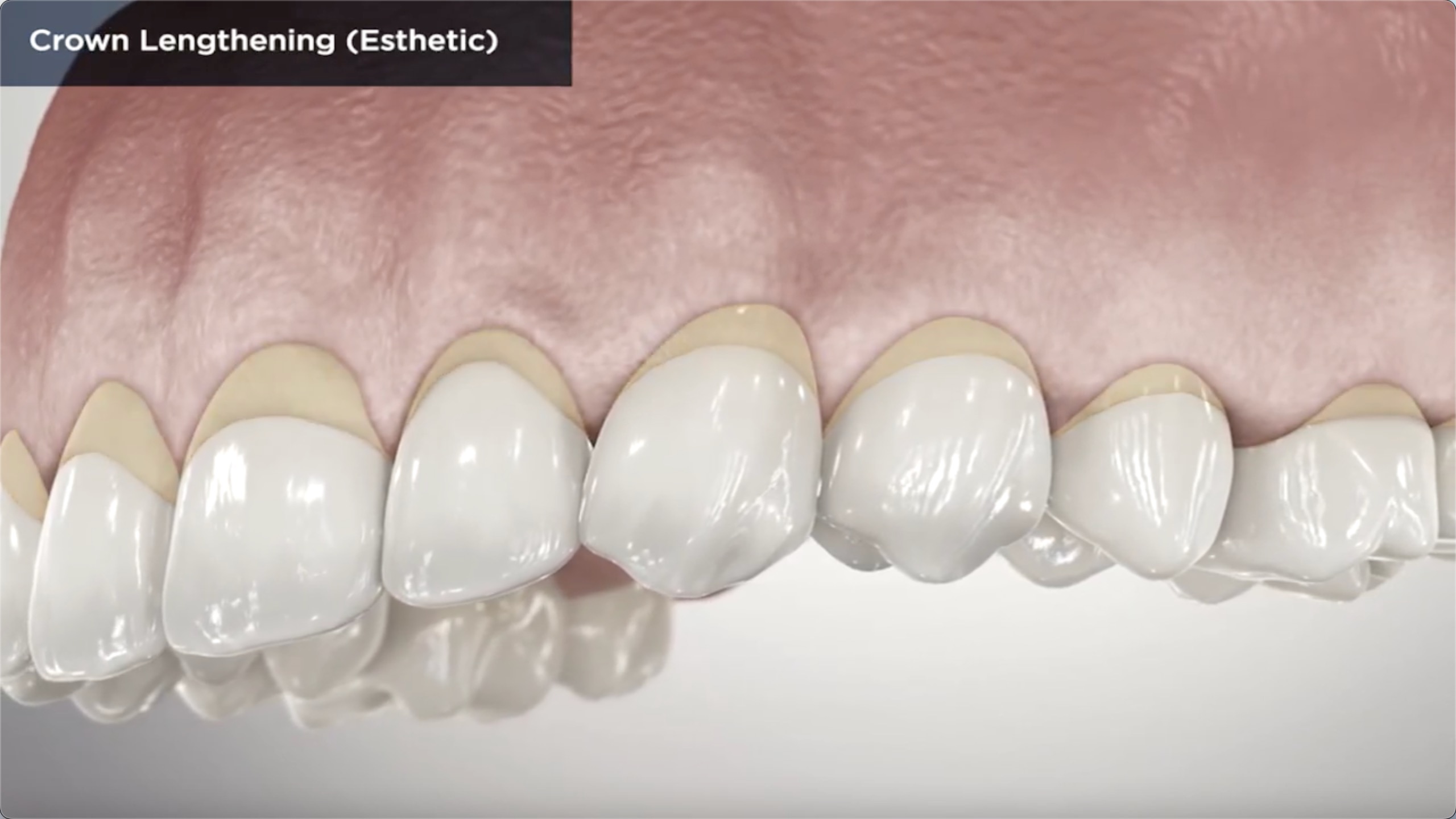Fluoride Treatments Vancouver WA
Fluoride Treatments in Vancouver, WA: Strengthen Your Smile with Expert Care

At Cascade Dental, we prioritize your oral health by offering fluoride treatments that help protect and strengthen your teeth. Fluoride is a vital element for maintaining strong enamel, preventing cavities, and ensuring long-term oral health. Whether you’re a child in need of preventive care or an adult looking to maintain your smile, fluoride treatments are a key component in your dental routine.
How Often Should You Schedule Fluoride Treatments for Optimal Results?
Tailored Fluoride Plans for Children and Adults
Fluoride treatments are essential for both children and adults, but the frequency of these treatments depends on several factors, including age, oral hygiene habits, and risk of tooth decay.
- For Children: Fluoride treatments are generally recommended every 6 to 12 months. As children’s teeth are developing and more susceptible to cavities, fluoride helps to fortify their enamel, making their teeth more resistant to decay. If your child has a higher risk of cavities, your dentist may recommend more frequent treatments.
- For Adults: While adults tend to have stronger teeth, fluoride is still an essential tool for maintaining healthy enamel, especially if you have a history of cavities, gum disease, or if you live in an area with low fluoride levels in the water supply. Most adults may only need fluoride treatments once a year, but those with higher risks may need more frequent visits.
Discuss with your dentist at Cascade Dental to create a personalized fluoride treatment schedule that best fits your oral health needs.

What are Fluoride Treatments and How Do They Benefit Your Oral Health?
How Fluoride Works to Protect and Strengthen Your Teeth
Fluoride is a naturally occurring mineral that strengthens your tooth enamel, making it more resistant to decay. When applied to your teeth, fluoride helps to remineralize areas that have been affected by acid, effectively reversing early signs of tooth decay before they become problematic.
Fluoride treatments work by delivering a higher concentration of fluoride directly to your teeth, offering enhanced protection compared to what you would get from regular toothpaste. Over time, fluoride helps to rebuild and protect your enamel, reducing the chances of cavities and promoting healthier teeth.
For kids, fluoride strengthens growing teeth, while for adults, it helps to maintain long-lasting oral health and protect against wear from aging, diet, and lifestyle factors.
Types of Fluoride Treatments: Choosing the Right Option for You
In-Office Fluoride Treatments
At Cascade Dental, we offer professional fluoride treatments during your regular checkups. Our skilled dental professionals perform these in-office treatments and provide the most effective fluoride application.
- Fluoride Varnish: This is one of the most common fluoride treatments applied during in-office visits. The varnish is painted onto the teeth and sets quickly, allowing it to stay in contact with the teeth for a longer time. Fluoride varnish is ideal for children and adults alike as it provides targeted protection.
- Fluoride Gel and Foam: Applied using a tray that fits over your teeth, these fluoride products deliver a higher concentration of fluoride and are especially effective for patients at higher risk of cavities. These treatments are typically more common for adults.
At-Home Fluoride Treatments
For those who need ongoing maintenance, your Cascade Dental team may recommend fluoride treatments that you can use at home. These treatments usually come in the form of fluoride toothpaste, gels, or mouth rinses, which can be applied between dental visits.
While at-home fluoride options may not provide the same concentration of fluoride as in-office treatments, they are still effective for maintaining the strength of your enamel and preventing future cavities.
Why Fluoride Treatments are Essential for Kids and Adults Alike
Benefits for Children’s Growing Teeth
Fluoride treatments are particularly important for young children as their teeth are still developing. By protecting these teeth early on, fluoride helps reduce the chances of cavities forming and strengthens the enamel as the child’s teeth erupt. Children who regularly receive fluoride treatments often have fewer cavities and healthier teeth as they age, giving them a head start toward a lifetime of strong, healthy smiles.
Long-Term Benefits for Adult Oral Health
Adults can also benefit from fluoride treatments, especially those who have had previous dental work, like fillings or crowns. Fluoride helps protect these restorations and the surrounding enamel, keeping your teeth and gums healthy. For adults prone to dry mouth, a common side effect of medications or aging, fluoride can offer extra protection by keeping the enamel strong and less prone to decay.
Preventing Tooth Decay: Understanding the Different Stages of Dental Damage
Fluoride treatments are not just about fixing existing problems—they help prevent new ones from arising. Understanding the stages of tooth decay can give you insight into how fluoride works to protect your teeth.
Stage 1 – Enamel Demineralization
In this early stage of decay, the tooth surface begins to lose minerals due to acid produced by bacteria in the mouth. Fluoride can help remineralize the enamel and reverse this early-stage decay before it leads to cavities.
Stage 2 – Enamel Decay
As decay continues, it can form small cavities in the enamel. Fluoride treatments help slow the progression of this stage by strengthening the enamel and preventing the decay from spreading.
Stage 3 – Dentin Decay
At this stage, decay has reached the inner layers of the tooth. Fluoride alone may not be enough to reverse this stage, and restorative treatments such as fillings may be necessary to repair the damage.
Stage 4 – Pulp Infection
If decay reaches the pulp, it can lead to infection and require more serious treatments like a root canal. Fluoride can help prevent the progression of decay to this stage, but by this time, restorative dentistry is necessary to save the tooth.
Schedule Your Fluoride Treatment Today!
Protect your smile with professional fluoride treatments from Cascade Dental. Whether you’re interested in preventive care for your child or maintaining strong enamel as an adult, our team is here to provide expert fluoride care tailored to your needs.
Schedule your fluoride treatment and take the next step toward a healthier smile.

